Advertisement
Analysis
New Hampshire Voted. Now What? Here Are 6 Ideas To Consider
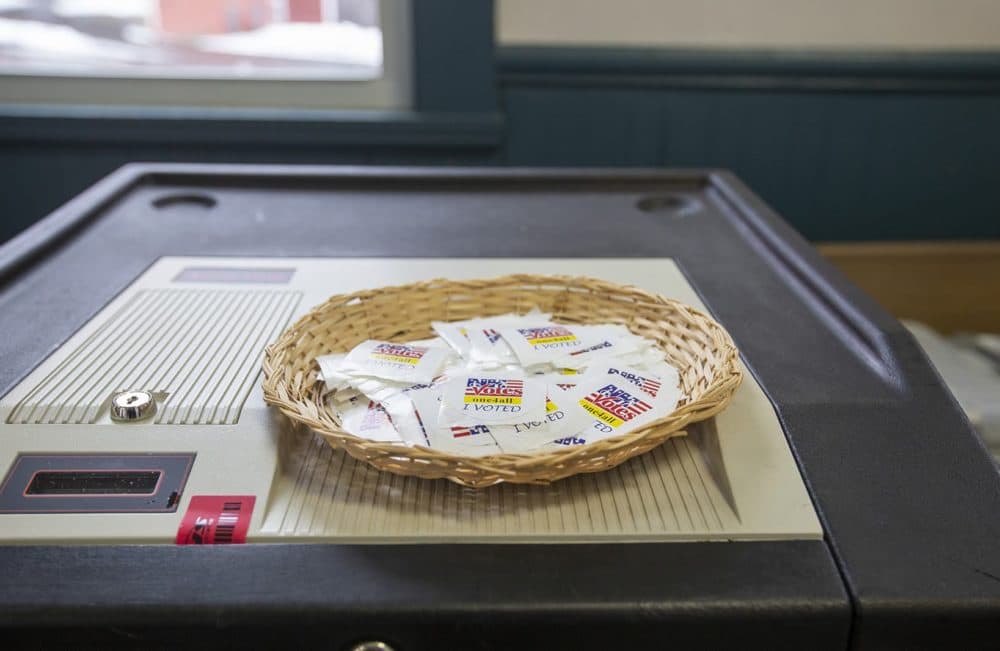
If the morass in Iowa froze the Democratic field for a week or so, the New Hampshire primary thawed it out a little. A top tier emerged as two Midwesterners surged, a few candidates fell off the back of the pack, and Massachusetts candidates struggled. Before the political world turns to the next states in line, here are a few takeaways from what we’ve seen so far:
1. Last-minute changes should be a warning sign for prognosticators.
Exit polls show about half of New Hampshire voters decided on a candidate just in the last few days, and the largest share of those voters went to Minnesota Sen. Amy Klobuchar (24%) and South Bend, Ind., Mayor Pete Buttigieg (29%). In the 2016 New Hampshire Democratic Primary, just a quarter made up their minds so late.
These late deciders would seem to confirm the pre-election tracking polls, which found both candidates surging just in the last week. For Buttigieg, the ascent began with a self-declared victory in Iowa. Over the last week, he saw his support grow from 14% on the day of the Iowa caucuses to roughly a quarter of the vote, based on unofficial results. Klobuchar’s burst came even later, after a breakout debate performance Friday.
Looking ahead, this massive and last minute shift underscores how slow we should be to make projections about where the race may be headed. Voters are watching closely, and many are making up their minds at the very last minute.
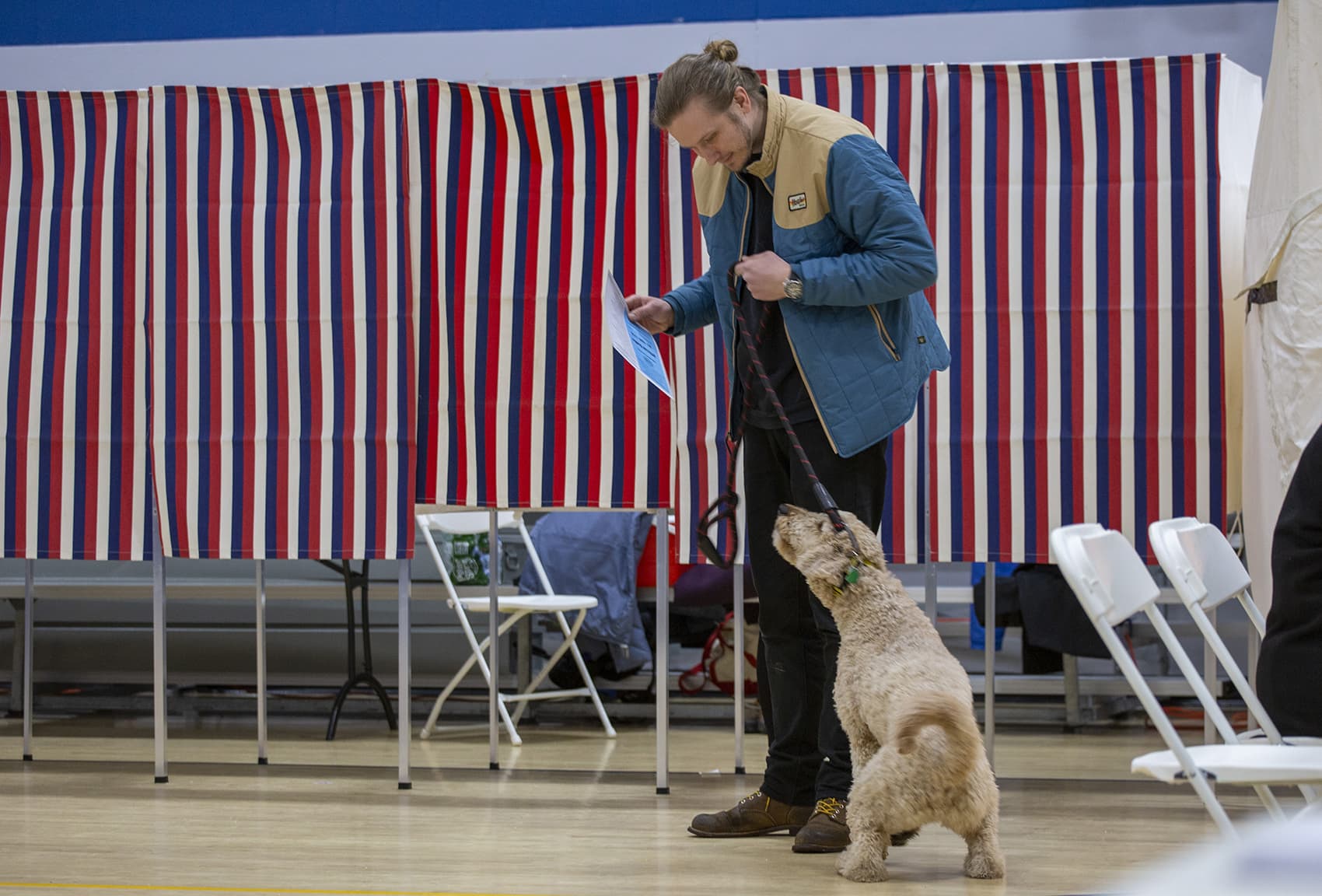
2. Turnout was very high for Republicans, fine for Democrats
On the Republican side, turnout has exceeded 155,000, extremely robust for a lightly contested reelection campaign that typically draw little voter interest. Over the last few cycles, turnout has ranged between roughly 62,000 and 93,000 for incumbent reelection efforts, according to official state tallies of ballots cast. The Democratic primary was the main draw, but New Hampshire Republicans sent a message that they are excited to vote for their president come November.
Just over 300,000 voters turned out in the Democratic primary. The previous high water mark of 288,672 was set in 2008, when Hillary Clinton edged Barack Obama. But there are more voters registered now (just under 1 million) than there were then (about 890,000), meaning the raw count is not directly comparable. Also, 2008 had contested primaries in both parties, whereas this year the Democratic race was the main draw for independents, who can opt to vote in either primary. So matching 2008 counts means turnout was good for Democrats, but not revolutionary.
Advertisement
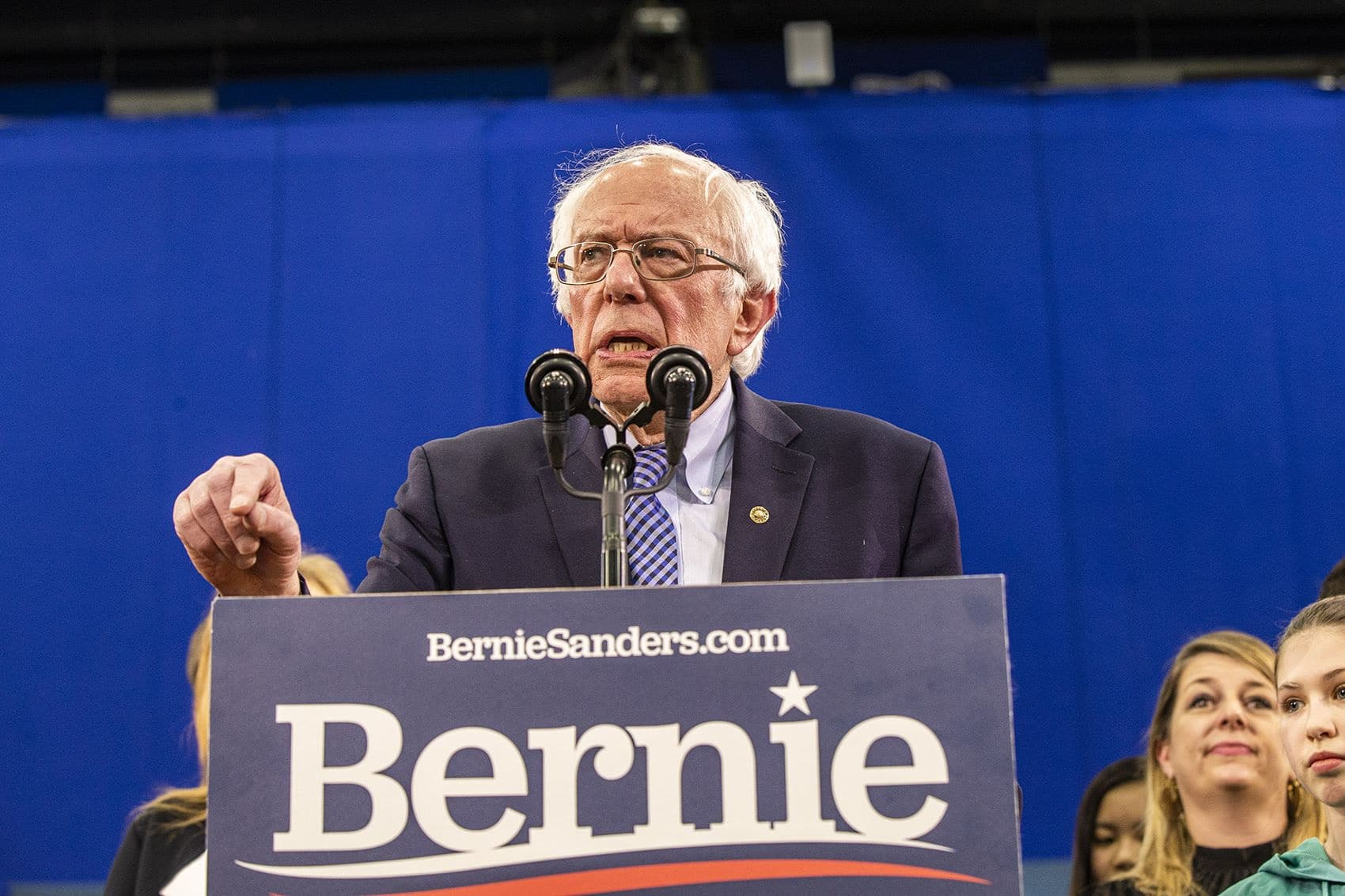
3. Can Sanders keep rolling in more diverse states?
Yes, Vermont Sen. Bernie Sanders came out on top, but it was a far cry from his performance in 2016, when he dominated the state, pulling 60% of the vote. If 2016 is any guide, the upcoming terrain may be harder for Sanders, who did not do well in more diverse states when running against Hillary Clinton. Then again, Buttigieg has also struggled to expand his support beyond white voters. Klobuchar is new enough to the front of the pack that we can’t say for sure what her polling might look like if she gets a closer look from the rest of the country. While former Vice President Joe Biden has polled very strongly among black voters, his campaign is struggling, leaving swaths of his supporters potentially up for grabs. Moving into Nevada and South Carolina, the entire field will need to find ways to appeal beyond the mostly white liberal voters who have so far cast their ballots.
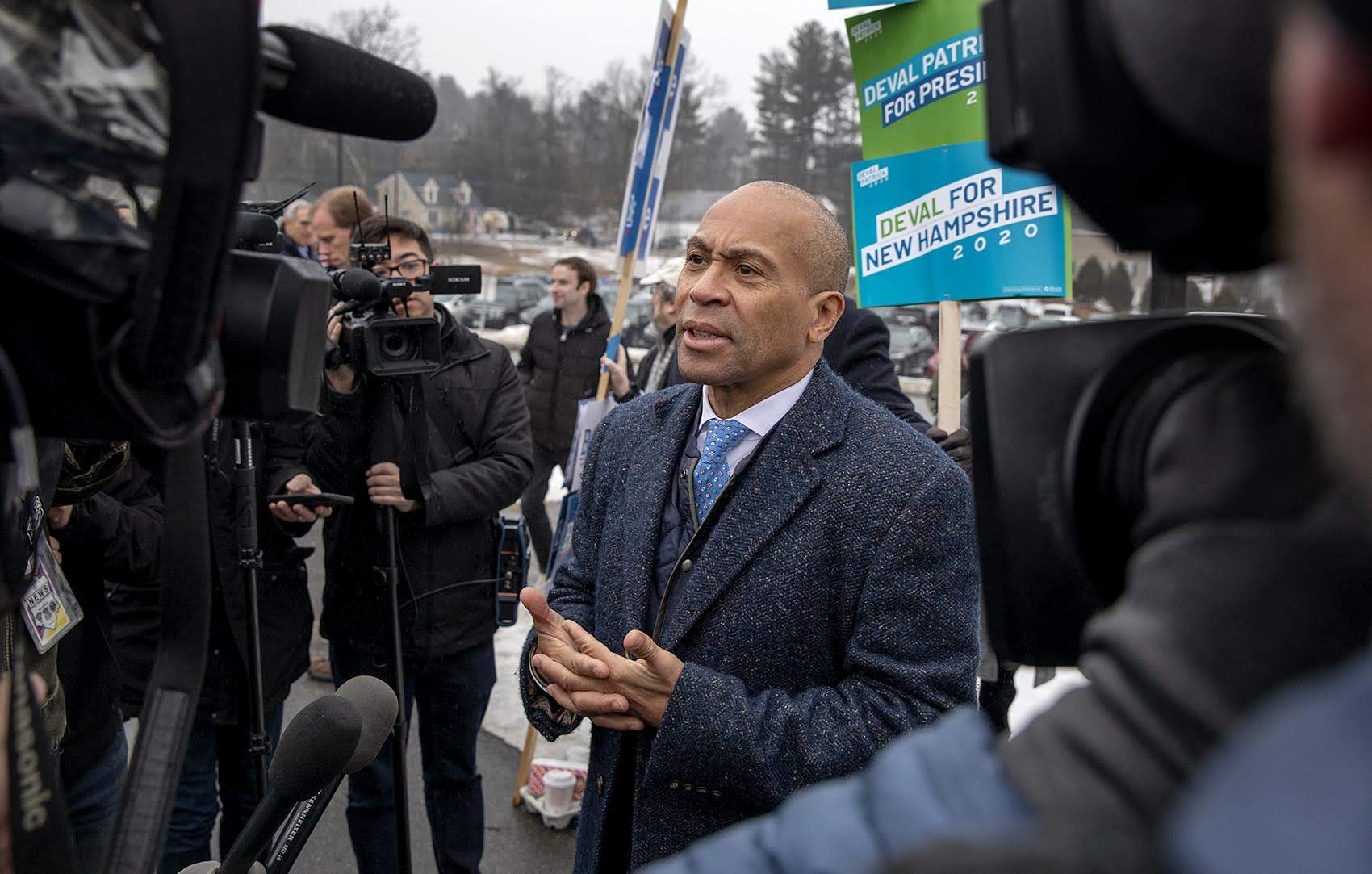
4. White voters, white candidates spell challenge for future Democratic primaries.
The results in New Hampshire and Iowa leave a lot of soul searching for the Democratic party. With tech entrepreneur Andrew Yang and former Massachusetts Gov. Deval Patrick suspending their campaigns, it’s now official. The process led by two very white states has winnowed the historically diverse field to almost all white candidates (save for Hawaii Rep. Tulsi Gabbard). It goes even beyond that, as black voters’ widely preferred candidate is left wounded by poor showings in the first two states.
Biden, who has drawn broad support from black voters for almost the whole election cycle, is watching his campaign fall apart based on the verdict of white voters. He decamped from New Hampshire to South Carolina early on primary day to try to shore up his campaign in what had been his firewall state. Imagine how different the media narrative and voter reaction would have been these last few weeks if voting started there.
With a field of finalists that is not diverse, and voters that are not diverse winnowing the field, the Democratic party is likely to face very loud calls to change the process over the next few years.
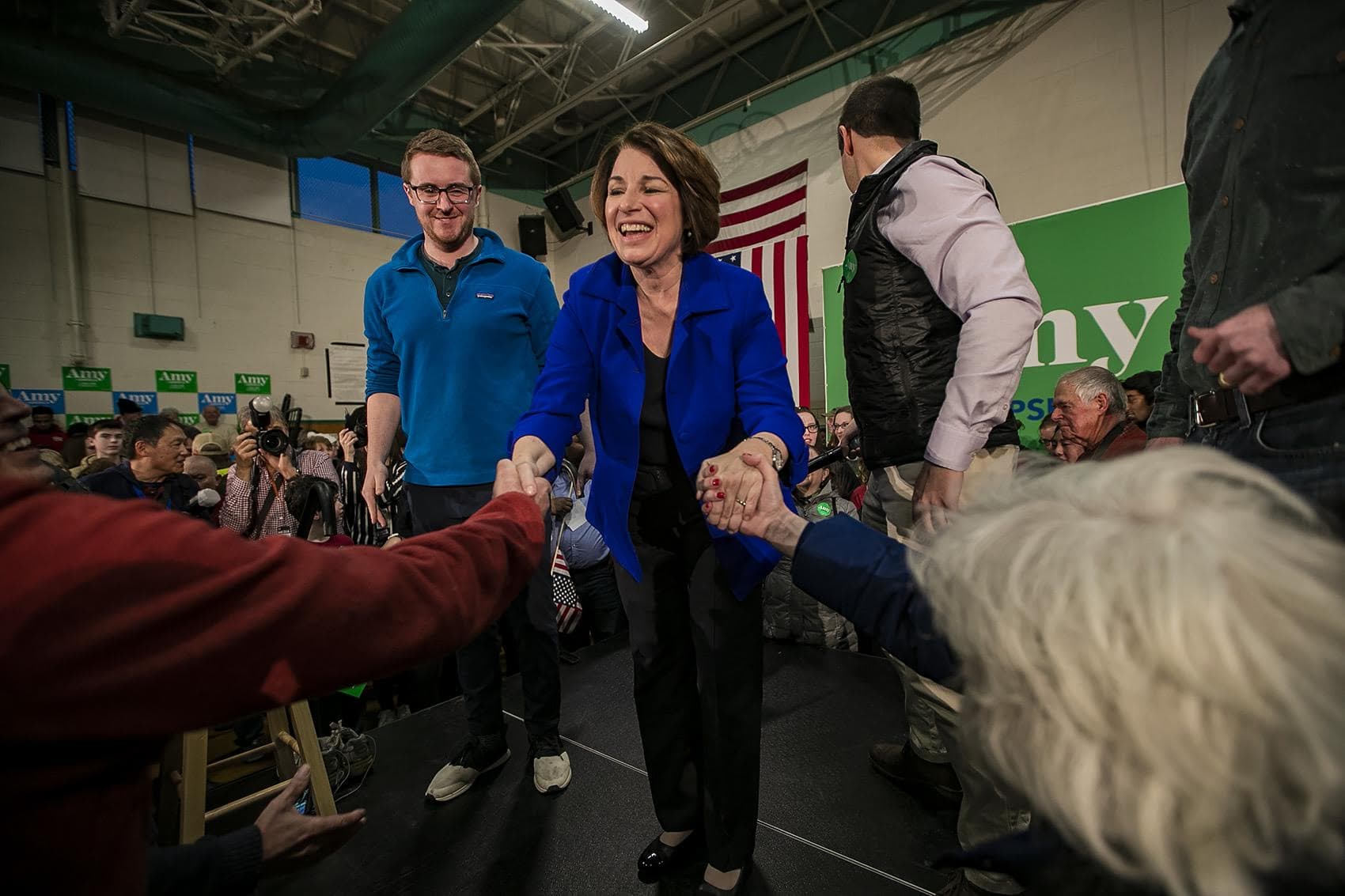
5. The “Klobucharge” moved votes away from Biden and Warren.
In her last-minute surge, Klobuchar drew from demographics that might have otherwise favored Biden or Massachusetts Sen. Elizabeth Warren. According to the exit polls, Klobuchar performed well among women, college-educated, and upper-income voters, where Warren had been running strong. Klobuchar also did well among self-identified moderates and older voters, both groups Biden was surely hoping to win over. Biden’s campaign has rested heavily on arguments of electability. But the exit polls found him with just 10% of the voters who said beating President Trump was more important than agreement on major issues, compared to 20% for Klobuchar and 28% for Buttigieg.
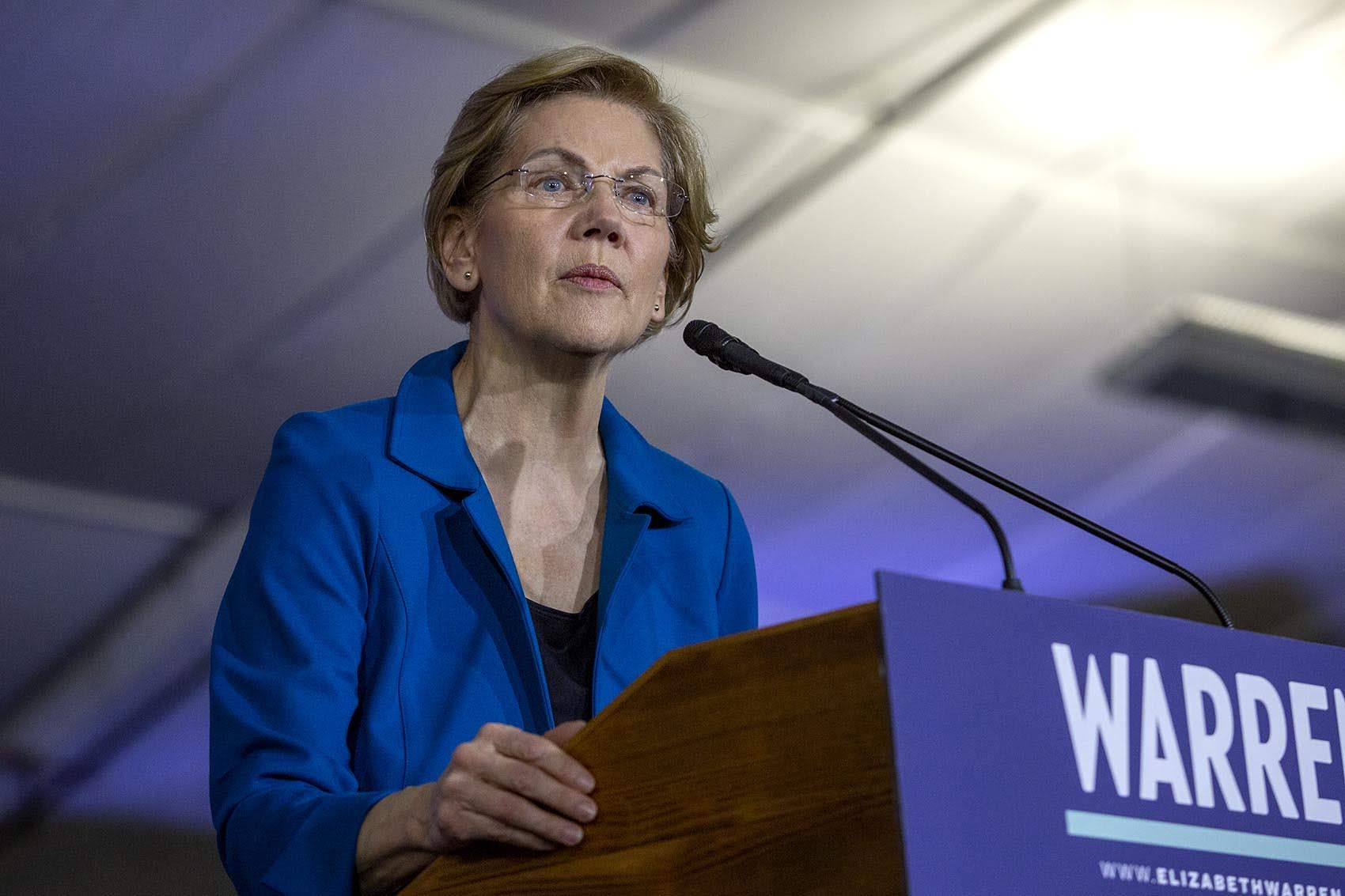
6. Warren persists despite a drubbing close to home.
New Hampshire voters delivered a thumping to all of the Massachusetts candidates. After a very late start, and a ninth place finish, Patrick joined Yang and Colorado Sen. Michael Bennet in announcing the end of their campaigns. In the Republican primary, former Massachusetts Gov. Bill Weld pulled 9% to Donald Trump’s 86%, based on preliminary counts.
But the big Massachusetts storyline is our home-state senator — Elizabeth Warren — coming in a distant fourth, with less than half as many votes as Klobuchar. Neither she nor Biden met the 15% threshold to win delegates from New Hampshire.
Pinched between Sanders pulling from more liberal voters, and Klobuchar scooping out some of her strong demographics, Warren has her work cut out for her as the campaign moves forward. If Warren was counting on voters near the Massachusetts border, they didn’t materialize. In fact, in many towns along the border she came in fifth, behind Biden.
This article was originally published on February 12, 2020.

